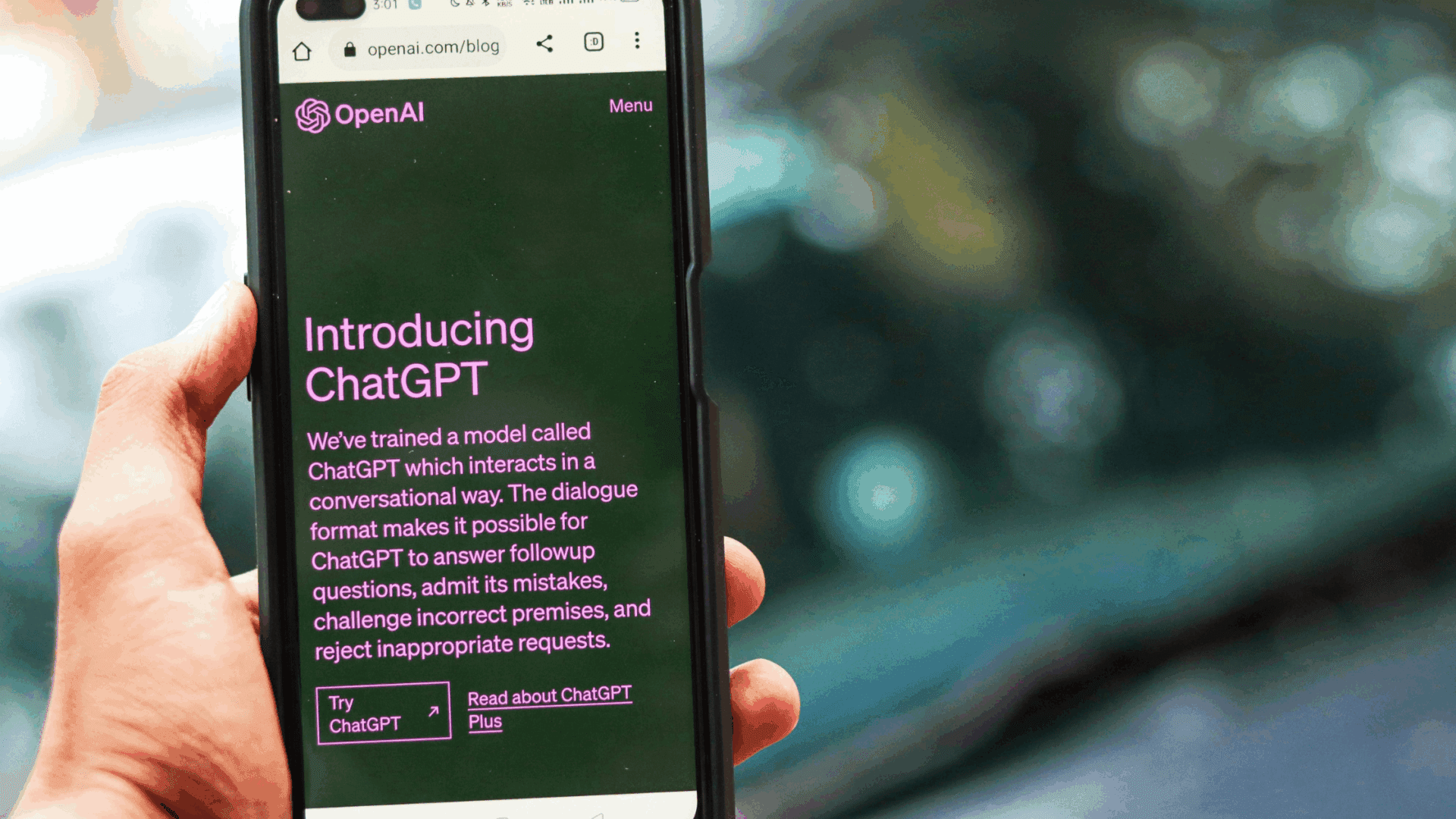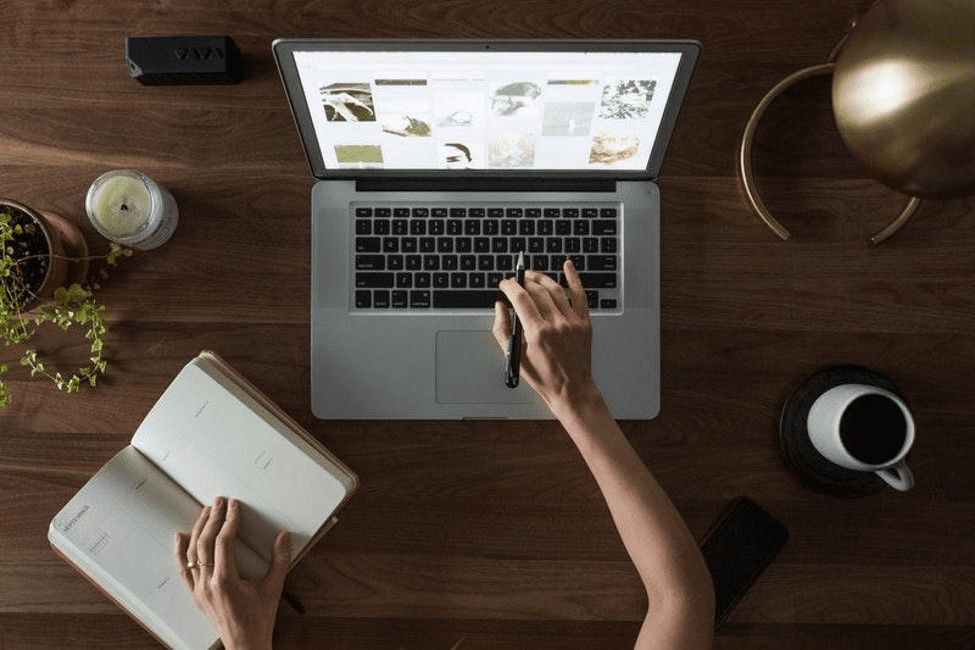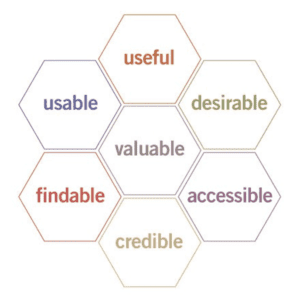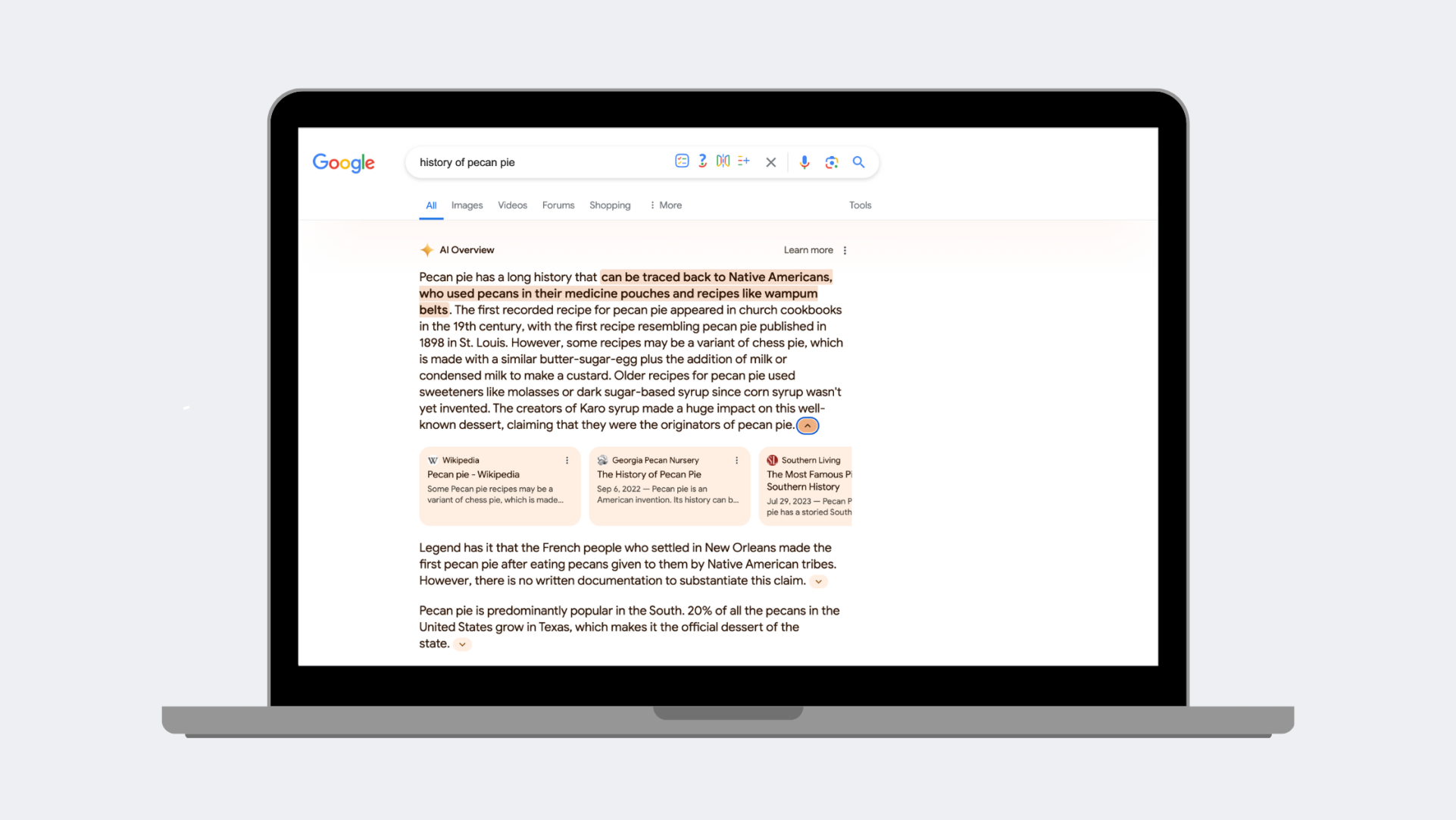
What is UX Website Design?

What is UX Website Design?
The causal internet user doesn’t usually think about what goes into the websites they use. Every aspect of a web page has been considered, tested, and optimized to be the best it can for the purposes it is to serve (if it’s done correctly, that is). But just because something is done behind the scenes doesn’t mean it’s any less important. In fact, these behind the scenes operations are essential to the website working properly. So who are these unsung heroes of the internet? Perhaps you’ve heard the term UX used in reference to a website. This is the term that relates to everything you interact with on a website. In other words, you wouldn’t be able to use the internet without the UX website design.
And now that we understand how important UX actually is, let’s look a little deeper into what it means, how it works, and how it impacts digital marketing.
What Does UX Mean?
UX is an (incorrectly spelled) acronym for “user experience.” This term can be applied to anything a person interacts with, but as a website design company, we’re concerned with how it relates directly to website design.
“User experience” simply refers to how someone feels as they use a service. On a website, this can take the form of anything a website visitor needs as they go about accomplishing their task or getting their needs fulfilled.
UX doesn’t necessarily refer to how a website looks, but instead relates to how it feels. This represents a shift in how websites are designed. A former focus on aesthetics has shifted to an increased concentration on the mechanics of how it’s used. How easy and enjoyable is it for a person to use? Is it accessible on a variety of different devices and screen sizes?
Contact JLB for engaging website design in Nashville, TN.
UX vs UI
UI stands for “user interface.” It refers to the look of a website design and the ways in which a user interacts with it. This can be a little confusing when compared to UX, but there’s a difference between the two ideas.
UI relates directly to the aesthetics that are eschewed in UX. Also, while UX can refer to non-digital products and services, UI is strictly digital. UI designers consider every point at which a user can interact with their web design — icons, text placement, responsiveness, color schemes, etc.
To put it more simply, UI is what you see and use, and UX is what you feel while you use it.
The UX Honeycomb
Peter Morville further expanded the considerations behind UX design by introducing the User Experience Honeycomb.

These seven factors encompass the applicable characteristics of the user’s experience.
- Useful: Does the product or service of your website fulfill a potential need?
- Usable: Is your product or service easy to use and effective at fulfilling the user’s need?
- Desirable: Does your web design visual appearance inspire the visitor to want to use your product or service?
- Findable: Can users quickly and easily find what it is they are looking for when they are looking at your website design?
- Accessible: Can your website be accessed by everyone, including those with disabilities?
- Credible: Can your visitors trust the product, service, or information provided on your website?
- Valuable: The ultimate goal of a website is to increase profits. And if it’s for a non-profit, the goal is to increase awareness. Does your website design contribute to these goals?
The honeycomb serves as a tool for UX designers to keep all factors of the user’s experience in mind. Different websites will put varying amounts of emphasis on each of these factors, but they should all be kept in mind when considering how visitors are going to use a website design.
Why Is Website Design Important?
People are in a hurry and they will not use a site that is difficult, annoying, or unintuitive to use. Much like water flowing downhill, people tend to gravitate toward areas of least resistance. And if you offer a similar product or service as a close competitor but one website design is easier to use than the other, visitors will use the more intuitive web design.
The goal is to create return customers and visitors. And the best way to do this is to provide a useful and engaging service or product. However, your visitors aren’t going to take the time to use your service or product if they have a bad experience trying to navigate your website.
Trustworthy Website Design in Middle Tennessee
JLB has been providing quality website design to Nashville, Brentwood, and Franklin, TN for fifteen years. We place great importance not only on the aesthetic appeal of a functional website, but also providing a great experience for visitors at every point in the buyer’s journey.
Visit JLB for high-quality website design in the Nashville, TN area.
Have A Project For Us?
Website design services & digital marketing tailored for user experience and
attracting the right traffic for you with support-that-matters!



